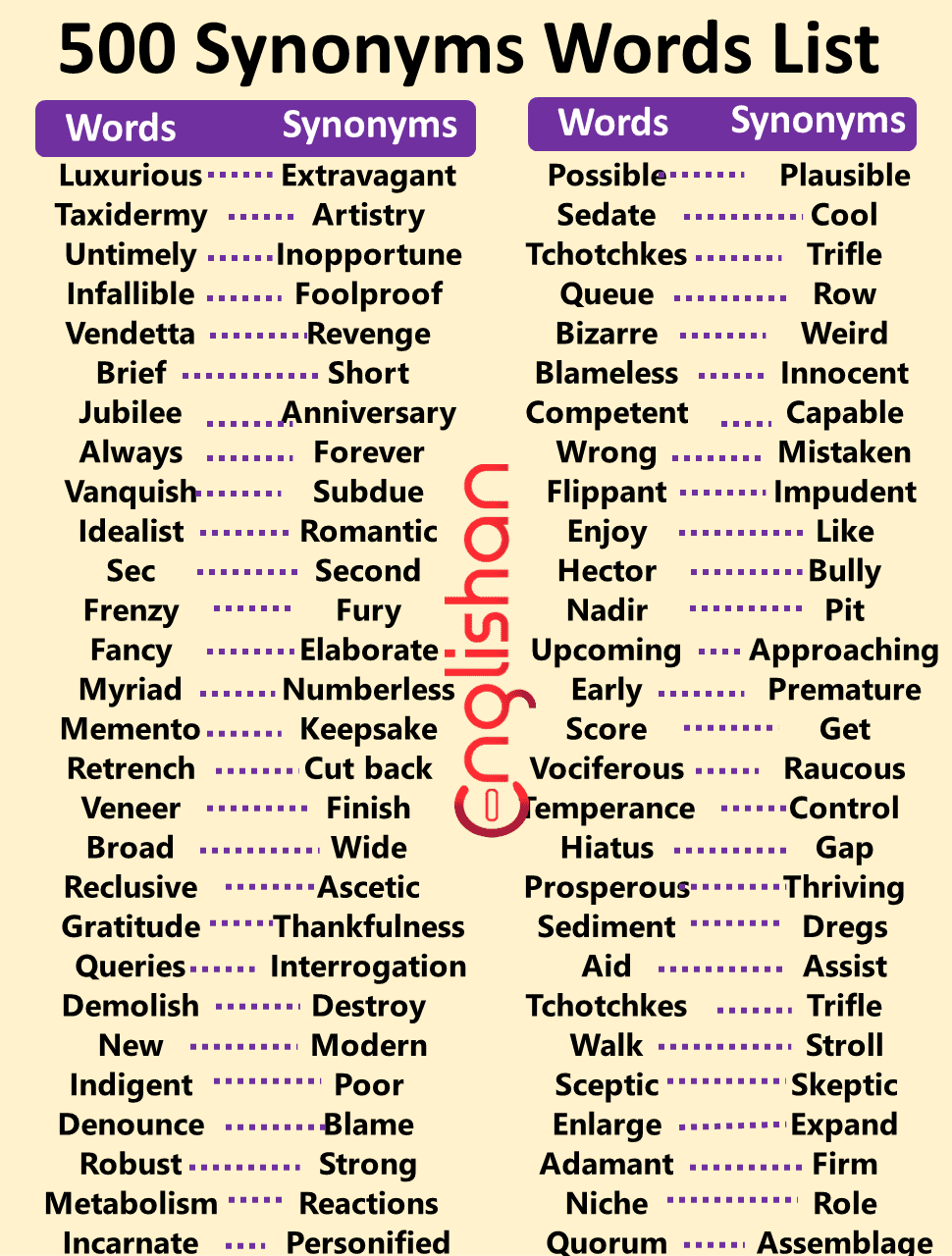

Search for information about a specific page or website. Search for pages linking to a particular domain or URL. Search for posts with certain words in the title in Google’s discontinued Blog Search. Same as inpostauthor:, but removes the need for quotes. Search for posts by a specific author in the discontinued Google Blog Search. Search for results mentioning an exact word or phrase. Not working (officially dropped by Google) Search operator

Search for results from a particular date range. Search for pages with two words or phrases within X words of one another.įind news from a certain location in Google News. Search for pages with backlinks containing multiple words in their anchor text. Search for pages with backlinks containing specific anchor text. You can also use the _ operator, which acts as a wildcard in Google Autocomplete. Search for results from after a particular date. Search for results from before a particular date. Search for results from a particular source in Google News. Search for stock information for a ticker. Search for pages with multiple words in their content. Search for pages with a particular word in their content. Search for pages with multiple words in the URL. Search for pages with a particular word in the URL. Search for pages with multiple words in the title tag. Search for pages with a particular word in the title tag. Search for sites related to a given domain. Search for results from a particular website. Search for particular types of files (e.g., PDF). Search for the definition of a word or phrase. Search for results that don’t mention a word or phrase.

Search for results that mention a word or phrase. Here’s the full list: Working Search operator Not working – Officially deprecated by Google.Unreliable – Not officially deprecated by Google, but results are hit-and-miss."Three cats" is more specific than "cats." Collective nouns also work, “flock of birds” instead of "birds.Google search operators: the complete listīelow is a brief description of what every Google search operator does. Composition: Portrait, headshot, closeup, birds-eye view, etc.Mood: Sedate, calm, raucous, energetic, etc.Color: vibrant, muted, bright, monochromatic, colorful, black and white, pastel, etc.

Lighting: soft, ambient, overcast, neon, studio lights, etc.Environment: indoors, outdoors, on the moon, in Narnia, underwater, the Emerald City, etc.Medium: photo, painting, illustration, sculpture, doodle, tapestry, etc.Subject: person, animal, character, location, object, etc.Try to be clear about any context or details that are important to you. Being vague is a great way to get variety, but you may not get the specific details you want. Be as specific or vague as you want, but anything you leave out will be randomized. If you want to ensure an object is not in the final image, try advance prompting using the -no parameter.Īnything left unsaid may suprise you. If you ask for a party with “no cake,” your image will probably include a cake. It is better to describe what you want instead of what you don’t want. Midjourney Model Version 4 is slightly better than other models at interpreting traditional sentence structure. The Midjourney Bot does not consider capitalization. Use commas, brackets, and hyphens to help organize your thoughts, but know the Midjourney Bot will not reliably interpret them. Fewer words mean each word has a more powerful influence. Instead of big, try gigantic, enormous, or immense. More specific synonyms work better in many circumstances. The Midjourney Bot does not understand grammar, sentence structure, or words like humans. Concentrate on the main concepts you want to create. However, super-long prompts aren’t always better. Very short prompts will rely heavily on Midjourney’s default style, so a more descriptive prompt is better for a unique look. Single words (or even an emoji!) will produce an image. Parameters can change aspect ratios, models, upscalers, and lots more. Parameters change how an image generates.


 0 kommentar(er)
0 kommentar(er)
